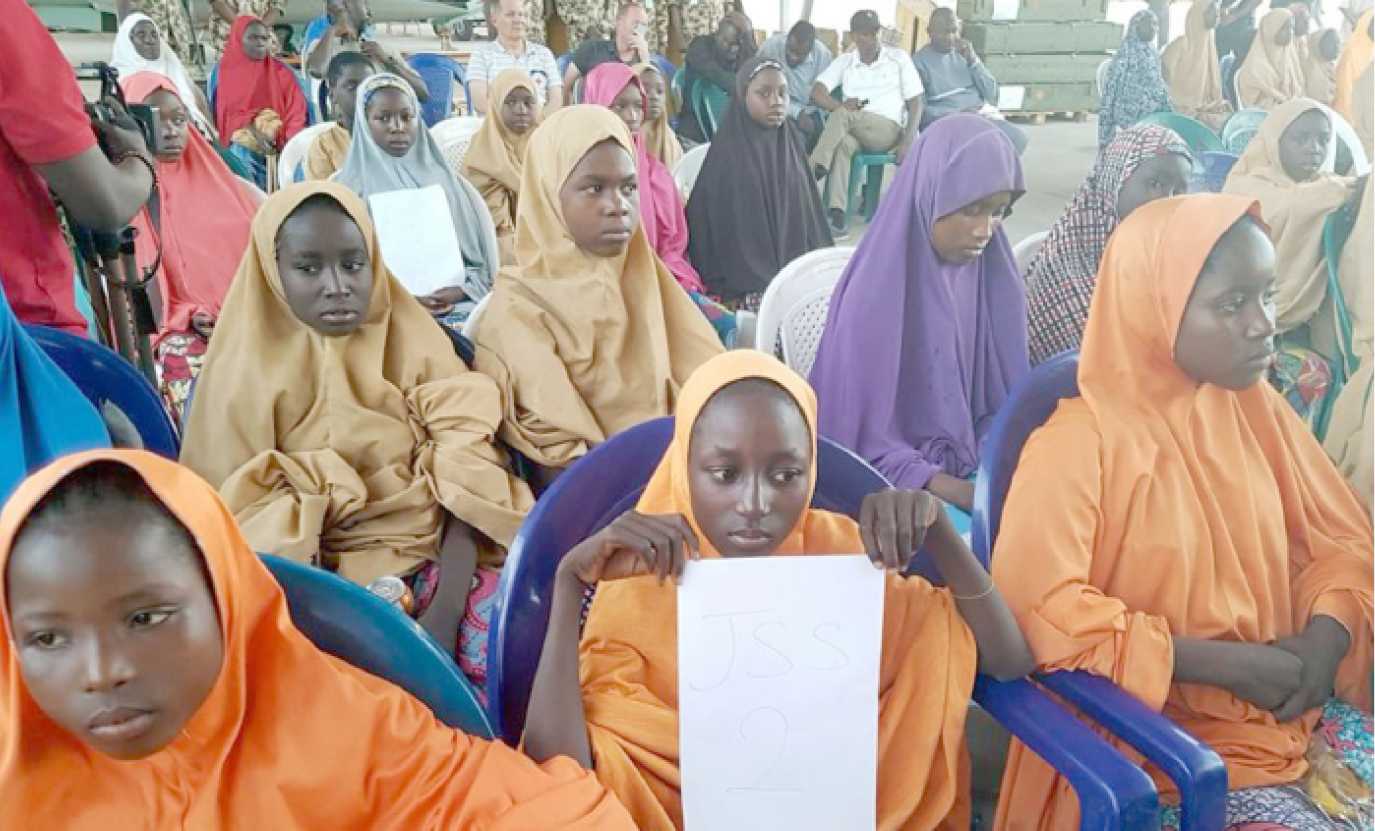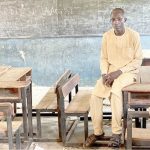The North East Youth Initiative for Development has urged the Yobe State government and security agencies to reopen and secure Government Girls Science and Technical College, (GGSTC) Dapchi, Federal Government College, Buni Yadi, and other schools closed by security challenges in the state.
Daily Trust recalls how suspected Boko Haram insurgents on February 19, 2018, attacked Government Girls Science and Technical College (GGSTC) Dapchi, in Bursari Local Government Area of Yobe State and abducted 110 students.
The insurgents attacked Federal Government College, Buni Yadi, Gujba LGAs of the state on February 24, 2021. They killed 58 students in the late-night attack and burnt or destroyed all of the 24 buildings.
It was gathered that the schools remained closed following the two incidents to douse tension of fear of possible abduction by Boko Haram during the attack.
- BUK wins 2024 ACT leadership challenge
- I started a bookstore to buy and read more books — MaduOnuorah
The Executive Director of the Initiative, Comrade Dauda Muhammad Gombe, stated this to newsmen at the validation meeting on the draft State’s Policy for Safety, Security and Violence-Free School in Yobe State, held in Damaturu.
Comrade Gombe said that with the security improvement in the state, the initiative seeks the federal and state governments and security agencies to provide security solutions for the schools to be secure and accessible to the students towards the development of the state.
According to him, ‘‘Our responsibilities as civil societies is always to advocate and also to support the government in achieving its aims. We are still discussing with the government and pushing to find a suitable place for these schools (GGSTC, Dapchi and Federal Government College, Buni Yadi schools).
Commenting on the policy draft, he said the policy is saddled with the responsibility of coordinating safety and security responses against violence in schools and host communities in the state.
He added that in a bid to secure schools and schoolchildren, the policy has engaged different stakeholders, including teachers, private security guards, vigilantes, and local hunters to help tackle the insecurity in the schools.

 Join Daily Trust WhatsApp Community For Quick Access To News and Happenings Around You.
Join Daily Trust WhatsApp Community For Quick Access To News and Happenings Around You.


